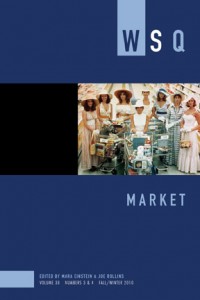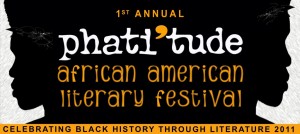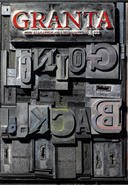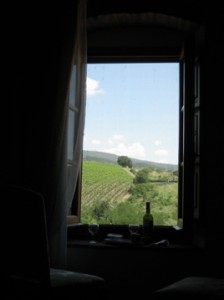 Mead: The Magazine of Literature & Libations is a new online literary journal with Editor-in-Chief Laura McCullough, Managing and Translation Editor Michale Broek, Travel Editor Suzanne Parker, and Wine & Beer Editor Kurt Brown. Now any lit mag that has a Wine & Beer Editor has got my readership!
Mead: The Magazine of Literature & Libations is a new online literary journal with Editor-in-Chief Laura McCullough, Managing and Translation Editor Michale Broek, Travel Editor Suzanne Parker, and Wine & Beer Editor Kurt Brown. Now any lit mag that has a Wine & Beer Editor has got my readership!
Self described, “At Mead, we pair our literature, like a good sommelier, with a specific libation so that under each drink category you will find a poem or piece of prose that reflects something about the character of that drink… Like Proust’s cup of tea, literature has memory; from memories issue literature. Drink well.”
The first issue includes contributions from Bob Hicok, Paul-Victor Winters, Ben Nardolilli, and Barbara Daniels, poems by Carmelia Leonte translated by Mihaela Moscaliuc, poems by Boris Vian and Jacques Prévert translated by Laure-Anne Bosselaar, an interview with poet and wine connoisseur Marty Williams, a review of works by Amitava Kumar by Ken Chen, “No One Does It Like the Belgians” beer talk by Kurt Brown, “On Food and Drink: Post College, Post-Loaded” by Jamie Iredell, and “single-shot” reviews of Katheleen Graber’s The Eternal City and James Richardson’s By the Numbers.
Submissions are open and, if accepted, poetry and prose poems will appear under one of the drink headings on the homepage:
Coffee & Tea: caffeineted with a kick, oily, roasted, ceremonial
Wine & Beer: ranging from the full bodied to the bubbly to the micro-brewed and yeasty: fermented
Cocktails & After Dinner: hot, sexy, provocative, moody, noirish, offers a toast
Pure Spirits: Isn’t this self-explanatory?


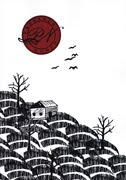
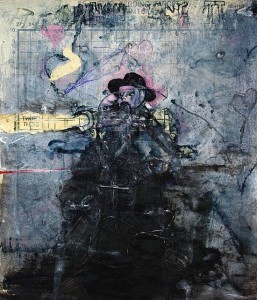
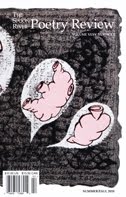





 ropositions written broken-english wise,” the poet writes in “Average Reader,” a phrase that embodies this book’s essence and which characterizes what is most appealing about it, original syntax, a unique sense of what can be “english-wise.” Perhaps the poet imagines that this unique language is precisely what we need to survive: “you want to be saved,” Mobilio insists in the collection’s opening poem, “Touch Wood.” And how could we not be saved by such lines as “we lay down housed,” reminding us of the human capacity for invention, for creativity.
ropositions written broken-english wise,” the poet writes in “Average Reader,” a phrase that embodies this book’s essence and which characterizes what is most appealing about it, original syntax, a unique sense of what can be “english-wise.” Perhaps the poet imagines that this unique language is precisely what we need to survive: “you want to be saved,” Mobilio insists in the collection’s opening poem, “Touch Wood.” And how could we not be saved by such lines as “we lay down housed,” reminding us of the human capacity for invention, for creativity. 